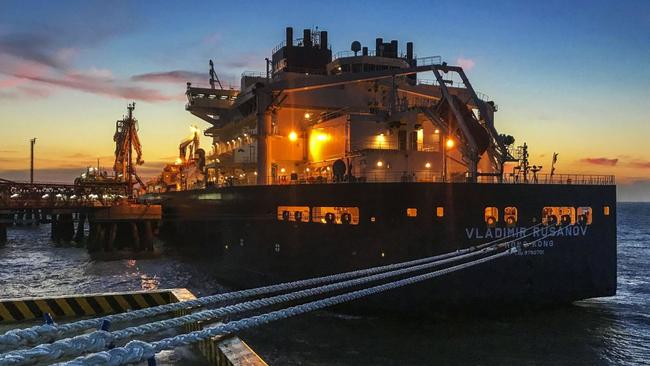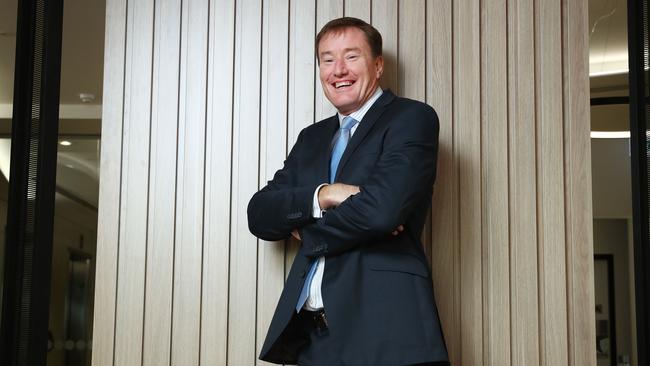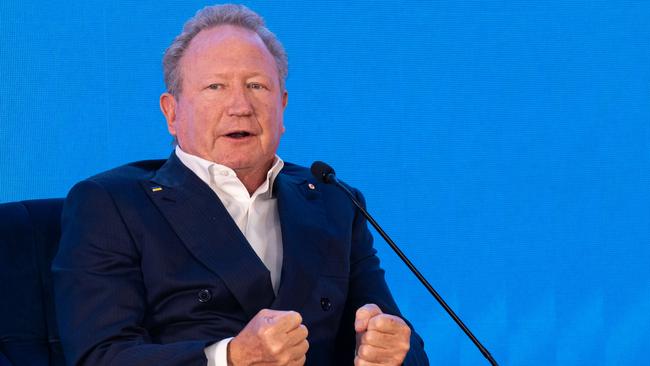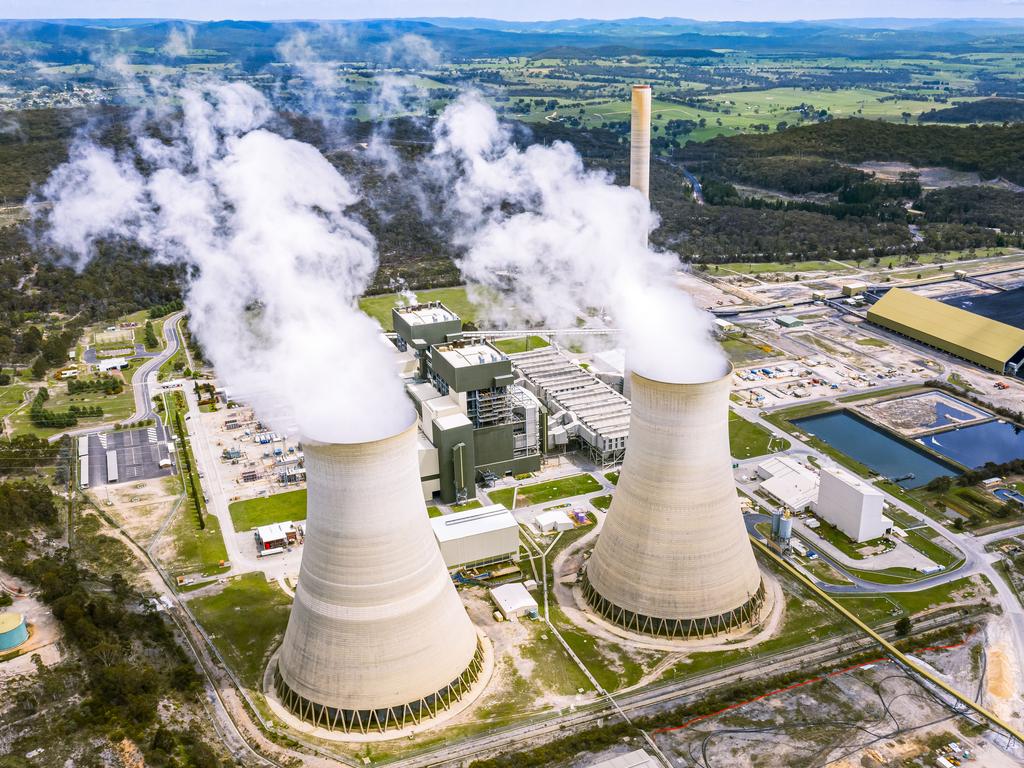APA slams need for Canberra to prop up LNG imports
A spat has broken out between Australia’s biggest gas pipeline company and the nation’s richest man over the need for government assistance in solving an east coast energy crisis.

A spat has broken out between Australia’s biggest gas pipeline company and the nation’s richest man over the need for government assistance in solving an east coast energy crisis.
APA Group, which is investing $270m to increase winter peak capacity of the east coast grid pipeline by 25 per cent, said talk that the federal government may underwrite Andrew Forrest’s Squadron Energy LNG import plant in NSW failed the pub test.
Squadron said this week it would look for federal and state government help to bring customers on board, with UBS saying Canberra may look to step in given official forecasts of a gas shortfall in the winter of 2024.
“Our investments don’t require government support and they are supported by customers, in contrast to the proposed import terminal at Port Kembla which we now learn is seeking taxpayers’ assistance, despite being owned by one of Australia’s richest men. It doesn’t pass the pub test,” APA chief executive Rob Wheals said.
“As a nation, we have a monumental challenge before us, to accelerate Australia’s energy transition and the decarbonisation of our economy.
“The simple truth is pipeline gas is lower in emissions than gas supplied by LNG import terminals, and it is more cost effective, given the strong global demand for LNG.” He added: “Australians need pipelines not pipe dreams.”

However, Squadron said the project would deliver energy security for users.
“Squadron Energy’s Port Kembla Energy Terminal is a transitional solution that will deliver energy security for eastern Australia in the short term to keep the lights on,” a Squadron spokesman said.
“This project will eliminate the need for new LNG projects, or the rebooting of coal-fired power stations that harm our environment.”
APA owns 15,000km of gas pipelines worth $21bn across Australia and delivers half the nation’s gas along with stakes in storage facilities, power stations and wind and solar farms.
Dr Forrest’s Squadron was previously handed a $30m grant from the Coalition for early works on a gas-fired power station at the same Port Kembla location.
The debate between the two gas market developers follows a tripling of power prices in the first half of 2022, partly due to a series of coal plant breakdowns across the national electricity market.

Officials say Australia must accelerate a move away from coal to renewables and storage and urgently sanction more than $10bn of transmission projects to escape the ongoing threat of blackouts and high power prices amid a national energy crisis.
Gas power generation increased by 54 per cent in May compared with a year earlier, with the fossil fuel helping to meet a demand gap left by coal, consultancy EnergyQuest said in a report for the Australian Petroleum Production and Exploration Association.
“Gas price spikes for March, April and May are related more to the recent increase in gas-powered generation rather than anything to do with LNG exports. Over the period of rising gas spot prices in March, April and May, coal-seam gas production from the LNG projects exceeded exports by 8.1 petajoules,” EnergyQuest said.
The federal government is considering a scheme to reserve gas for use by east coast users, while direct intervention to force more supply and lower prices are options “on the table’’ as Labor battles energy shortages that have driven a spike in electricity prices.
The industry is on edge after Resources Minister Madeleine King suggested the gas trigger mechanism may be reviewed as part of a suite of measures to respond to the energy squeeze.




To join the conversation, please log in. Don't have an account? Register
Join the conversation, you are commenting as Logout